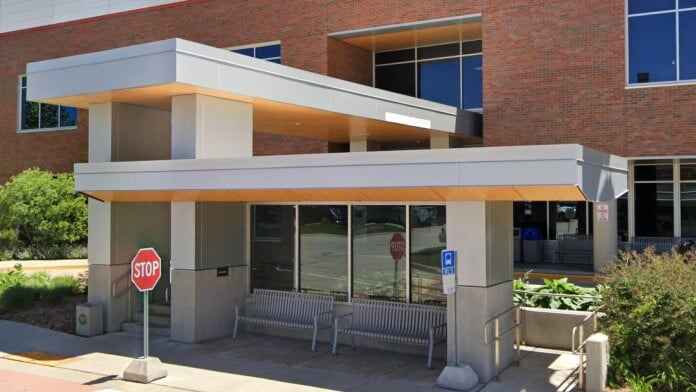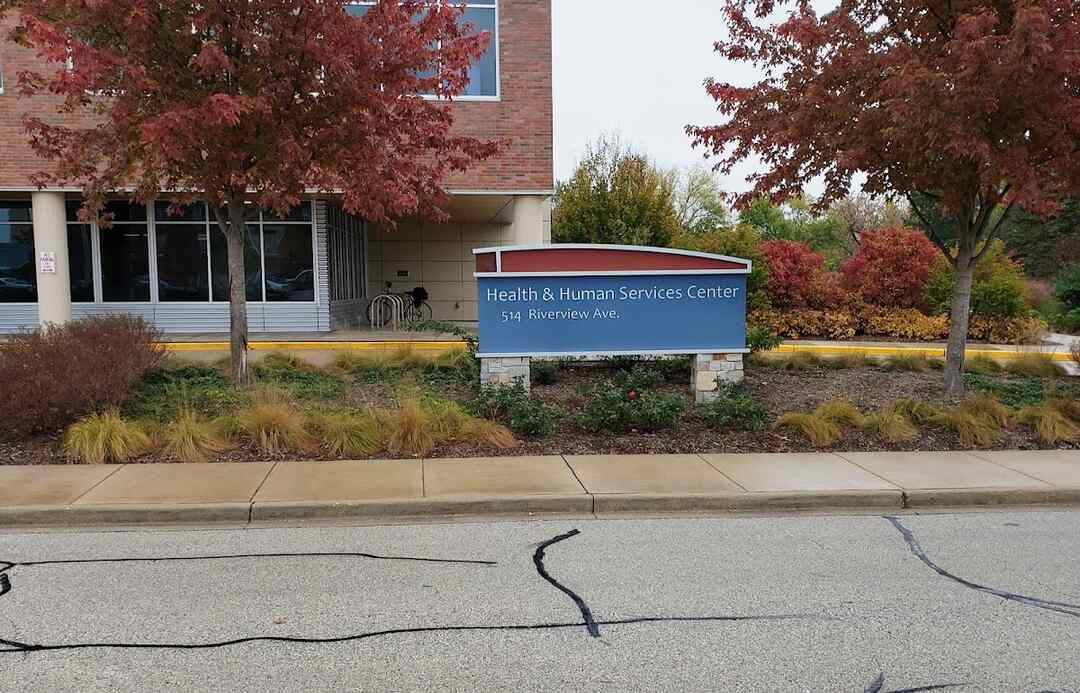About Waukesha Department of Health and Human Services – Waukesha
Waukesha Department of Health and Human Services is in Waukesha, Wisconsin. The department offers a myriad of services, including outpatient mental health and substance use disorder treatment. To use any of the services, you’ll need to be a resident of Waukesha County. The State of Wisconsin certifies all of the programs.
They accept Medicare, Medicaid, and private insurance for mental health services. Depending on your ability to pay, they may compute the cost of some of the services based on the state’s guidelines for ability to pay. Even if you’re uninsured, you won’t be turned away.
You can get a regularly scheduled appointment Monday through Friday from 8:00 a.m. to 4:30 p.m. You can also go to the walk-in clinic Monday, Wednesday, and Thursday from 12:30 p.m. to 3:00 p.m. and Tuesday and Friday from 8:30 a.m. to 10:00 a.m. Appointments at the walk-in clinic aren’t pre-scheduled, so you may have to wait.
The substance use treatment includes individual and group therapy. If you have a co-occurring disorder such as depression, anxiety, bipolar disorder, or other mental health issue, you can also get medication assisted treatment. There’s an intensive outpatient program (IOP) for substance use treatment. An IOP consists of individual and group therapy. You’ll meet for a specific time throughout the week for therapy, substance use education, and aftercare planning.
There’s a special program for women called the Women’s Health and Recovery Project (WHARP). WHARP is for women with substance use whose needs are complex. Women often have obstacles that men don’t face when seeking help for substance use. You’ll have a peer specialist who works with you one on one. You don’t have to be involved in other Waukesha County services and there’s no cost.
The women’s program addresses behavioral health, education, employment, and employment preparation. A care coordinator can help with housing, childcare, transportation, and medical and dental needs. The programs are sensitive to gender, culture, and trauma. They work with you to overcome difficult and unexpected life events. You’ll learn how to build social skills and get connected to recovery services and resources in the community.

